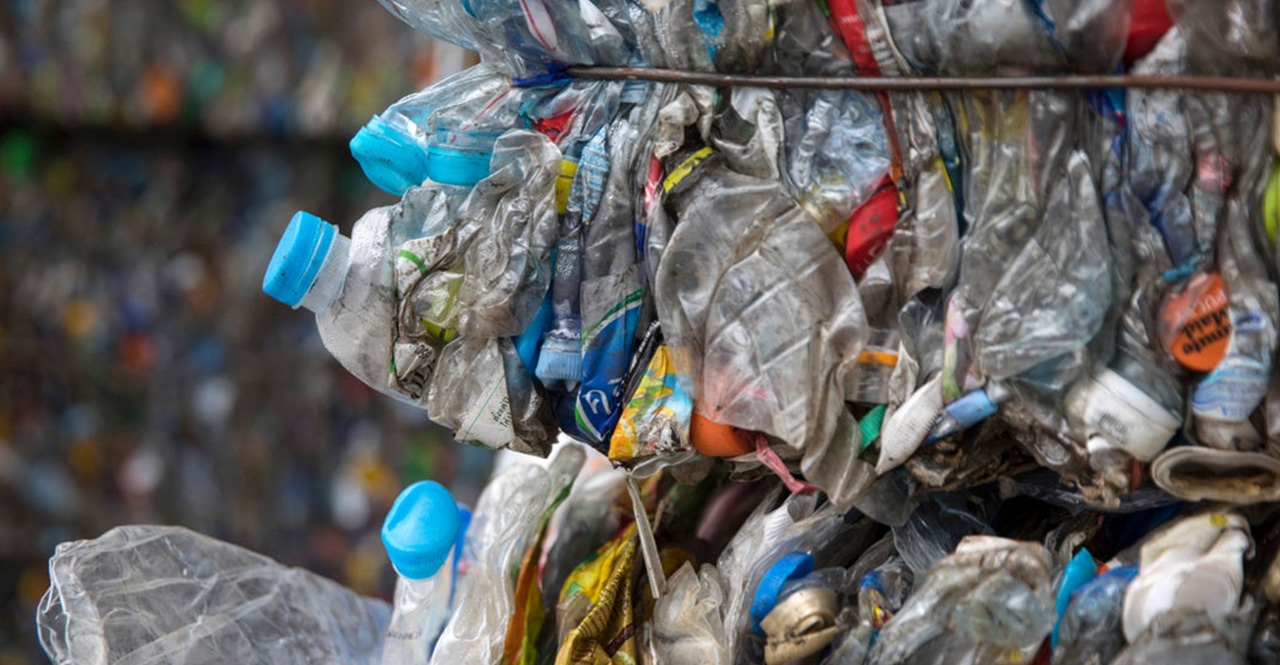Comprehensive Solutions for Industrial Waste Water Treatment by Reclaim Waste Melbourne
Comprehensive Solutions for Industrial Waste Water Treatment by Reclaim Waste Melbourne
Blog Article
Fostering Source Effectiveness and Environmental Management Through Fluid Waste Removal Programs
In the realm of environmental stewardship, the management of liquid waste stands as an important time where source performance and environmental protection converge. Through a lens of positive interaction and calculated insight, the landscape of fluid waste administration reveals a tapestry of difficulties and opportunities that beckon us to check out the path towards a greener and more sustainable future.
Importance of Liquid Waste Removal
The significance of fluid waste elimination exists in its critical duty in maintaining ecological wellness and guarding public health. Fluid waste, if not correctly managed, can position serious threats to ecosystems, water resources, and human wellness. With effective removal procedures, unsafe materials such as pathogens, toxins, and chemicals are avoided from contaminating the setting and triggering harmful results.
Appropriate fluid waste removal additionally assists in avoiding the spread of diseases and minimizing the capacity for groundwater contamination. By securely taking care of liquid waste, the risk of waterborne health problems and pollution-related health concerns is substantially lessened - Liquid waste removal. Additionally, efficient removal methods contribute to keeping the general sanitation and looks of communities, therefore improving the lifestyle for homeowners
In addition, liquid waste elimination plays a vital role in supporting lasting development and guaranteeing conformity with environmental laws. By sticking to proper waste management organizations, protocols and sectors can minimize their ecological impact and show business duty. Ultimately, purchasing durable fluid waste removal programs is crucial for promoting environmental stewardship and fostering a much healthier, more secure future for all.

Benefits of Efficient Disposal
Effective disposal of liquid waste not just safeguards ecological health and public well-being but also produces many advantages that expand beyond prompt control steps. Through processes like reusing and power recuperation, important resources can be extracted from fluid waste, advertising sustainability and lowering the stress on raw materials. Generally, the benefits of effective fluid waste disposal are diverse, incorporating ecological security, source efficiency, and economic advantages.
Technologies for Waste Treatment
Making use of advanced technologies for waste treatment plays a vital duty in making sure the efficient administration and secure disposal of fluid waste. Among the key innovations used in liquid waste therapy is biological therapy. This technique makes use of bacteria to break down natural matter in the waste, transforming it right into safe by-products. One more usual modern technology is chemical therapy, where chemicals are included in the waste to counteract damaging elements or precipitate pollutants for elimination. Physical treatment methods, such as filtering and sedimentation, are also widely utilized to separate solids from fluid waste.
Advanced oxidation procedures (AOPs) have actually obtained appeal for their ability to deteriorate persistent natural toxins in fluid waste through the generation of very responsive hydroxyl radicals. Membrane technologies like reverse osmosis and ultrafiltration work for dividing pollutants from fluid waste streams. Additionally, thermal treatment approaches such as incineration can be employed for the full devastation of unsafe elements in liquid waste. Generally, the assimilation of diverse therapy modern technologies makes certain eco pleasant and comprehensive administration of fluid waste.
Duty of Rules and Conformity
In the realm of fluid waste management, adherence to governing structures and compliance standards is extremely important for securing ecological health and wellness and sustainability. Rules play an important duty in regulating the appropriate handling, treatment, and disposal of liquid waste to protect against damage to communities and human wellness. By developing clear standards and standards, regulative bodies make sure that organizations and individuals associated with liquid waste monitoring run in an environmentally accountable way.
Conformity with these guidelines is not just a lawful requirement but also a moral commitment to safeguard the atmosphere for present and future generations. It entails carrying out best techniques in waste collection, therapy, disposal, and transportation to decrease environmental effect and advertise source performance. Non-compliance can result in fines, lawful activity, and reputational damages for companies, highlighting the value of promoting regulative standards.

Future Trends in Waste Administration

Another essential fad in waste administration is the adoption of advanced data analytics and expert system to optimize waste collection routes, enhance sorting processes, and boost total functional effectiveness. These innovations enable waste administration business to make data-driven choices, resulting in cost savings and ecological benefits.
Moreover, there is an expanding emphasis on the development of decentralized waste administration systems, such as onsite treatment centers and mobile waste handling systems. These systems supply adaptability and scalability, permitting for a lot more efficient waste handling in diverse atmospheres.
Verdict
In conclusion, fostering source performance and environmental protection through fluid waste removal programs is essential for sustainable growth. Efficient disposal methods, advanced technologies for waste therapy, and stringent policies play vital duties in decreasing environmental influence. Looking ahead, continuous technology and renovation in waste monitoring methods will certainly be necessary for dealing with the expanding challenges of liquid garbage disposal.
In the world of environmental stewardship, the administration of fluid waste stands as a critical juncture where resource effectiveness and environmental security assemble (Liquid waste removal).Using innovative innovations for waste treatment plays an important function in making certain the reliable administration and secure disposal of liquid waste.In the realm of fluid waste management, adherence to governing structures and compliance requirements is vital for guarding environmental wellness and sustainability.In verdict, cultivating resource performance and environmental try these out defense through liquid waste elimination programs is important for sustainable advancement. Looking in advance, constant innovation and renovation in waste management practices will certainly be vital for dealing with the growing difficulties of fluid waste disposal
Report this page